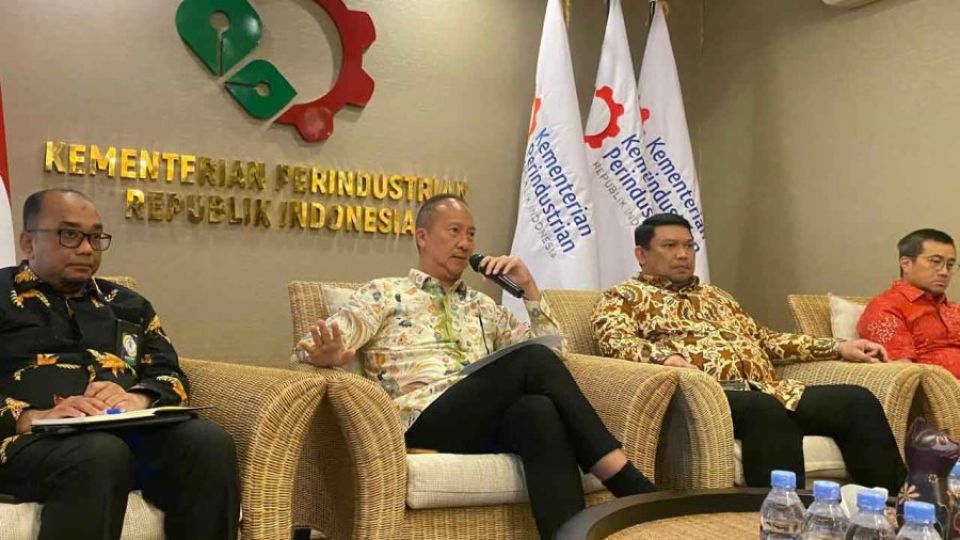(ANN/JAKARTA POST) – The Indonesian government has welcomed Apple Inc.’s USD1 billion commitment to establish a manufacturing facility on Batam Island. However, the ban on local sales of the iPhone 16 remains in effect as the device fails to meet Indonesia’s local content requirements.
Industry Minister Agus Gumiwang Kartasasmita clarified on Wednesday that while Apple’s investment will fund a facility to produce AirTag tracking devices, this does not meet the criteria to lift the sales ban on the iPhone 16.
“As of this afternoon, there is no basis to issue a local content certification [for the iPhone 16] because the investment is unrelated to smartphone components,” Agus said, emphasising that compliance with local content rules is mandatory.

The factory will be developed in partnership with Chinese electronic components manufacturer Luxshare Precision Industry Co. Ltd., commonly known as Luxshare-ICT. However, details of the agreement remain unclear, and the investment commitment has yet to be formalised.
Local content requirements
Indonesia requires imported smartphones, tablets, and laptops to meet a 35 per cent local content threshold, which is expected to rise to 40 per cent. Companies can fulfill this requirement by manufacturing devices locally, developing firmware domestically, or investing in local innovation.
The government banned the sale of the iPhone 16 in 2024 after Apple failed to comply with these regulations.
Push for R&D facilities
The Industry Ministry has proposed that Apple establish research and development (R&D) centers to meet the local content requirement under an innovation scheme. This condition was highlighted during a meeting between Agus and Apple’s vice president of global government affairs, Nick Ammann.
“We will ensure that Apple complies with building R&D facilities, not just educational and training centers like they’ve been running for the past seven years,” Agus said, referencing Apple’s existing developer academies that have fallen short of expectations.
Investment and Downstream Minister Rosan Roeslani described the Batam AirTag factory as an “early step” in Apple’s larger investment strategy in Indonesia. The facility is expected to supply 65 per cent of global AirTag demand and begin operations by early 2026.
Rosan emphasised the potential for Indonesia, Southeast Asia’s largest economy, to attract more significant investment from Apple. “Apple’s visit alone reflects the importance of the Indonesian market to the company,” he said.
Experts have noted challenges for Apple in meeting Indonesia’s local content requirements without disrupting its global supply chain.
“Apple must evaluate how much of its production can contribute to the 35-40 per cent local content requirement without incurring additional costs,” said Krisna Gupta, a senior fellow at the Center for Indonesian Policy Studies (CIPS).
Dendi Ramdani, head of industry and regional research at Bank Mandiri, viewed Apple’s USD1 billion investment as a reasonable first step toward a stronger production base in Indonesia. He stressed that foreign investment is a gradual process requiring long-term nurturing.
Moving forward
The government remains firm on its stance that local sales of the iPhone 16 cannot proceed unless Apple fulfills the local content rules. Meanwhile, Apple’s broader investment initiatives, such as the Batam facility, are seen as an opportunity to strengthen Indonesia’s manufacturing capabilities and integrate into the global value chain.


